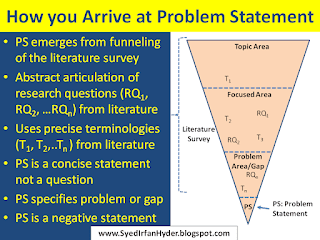Reflections on "An Indecent Obsession" a movie and book by Colleen McCullough (author of "Thorn Birds" which I read in Pakistan around 1985-86). This is a page from my diary written on September 25, 1987. I was 25 and this was my first semester at UT Austin, and was residing at Riverside Apartments.
-------------------
 For the first time after reading the "Purple Plain" by HE Bates, I again experienced the trauma, shock, feelings and tragedy that are associated with war. Lest we forget! It has been a long time since World War 2 which was around 20 years before my birth. Somehow, I think I feel or may be I imagine that I can feel the experience of what it is like being in the war, and witnessing its sufferings; all that dying, all the misery, and the in-consequence and futility of it. But wars are a real permanent feature of life. War has always remained a permanent feature of life. I think it is long overdue for our generation.
For the first time after reading the "Purple Plain" by HE Bates, I again experienced the trauma, shock, feelings and tragedy that are associated with war. Lest we forget! It has been a long time since World War 2 which was around 20 years before my birth. Somehow, I think I feel or may be I imagine that I can feel the experience of what it is like being in the war, and witnessing its sufferings; all that dying, all the misery, and the in-consequence and futility of it. But wars are a real permanent feature of life. War has always remained a permanent feature of life. I think it is long overdue for our generation.
-------------------
 For the first time after reading the "Purple Plain" by HE Bates, I again experienced the trauma, shock, feelings and tragedy that are associated with war. Lest we forget! It has been a long time since World War 2 which was around 20 years before my birth. Somehow, I think I feel or may be I imagine that I can feel the experience of what it is like being in the war, and witnessing its sufferings; all that dying, all the misery, and the in-consequence and futility of it. But wars are a real permanent feature of life. War has always remained a permanent feature of life. I think it is long overdue for our generation.
For the first time after reading the "Purple Plain" by HE Bates, I again experienced the trauma, shock, feelings and tragedy that are associated with war. Lest we forget! It has been a long time since World War 2 which was around 20 years before my birth. Somehow, I think I feel or may be I imagine that I can feel the experience of what it is like being in the war, and witnessing its sufferings; all that dying, all the misery, and the in-consequence and futility of it. But wars are a real permanent feature of life. War has always remained a permanent feature of life. I think it is long overdue for our generation.The sufferings, joys, and determination associated with it. How does it ruin the normal human beings, or make them or break them. What one feels and experiences in education in itself. All our efforts, our preconceptions, and our business, and our longings and wishes seem pointless and meaningless. We love and suffer. Our associations seem to us to be permanent but they are simply our illusion. What is duty, morality, love. Every thing gets mixed up in the war. To come out of it unscathed, normal human being is really a tribute to the determination of man and his resilience. All dying and futility till you realize there is "All Quiet on the Western Front"!























